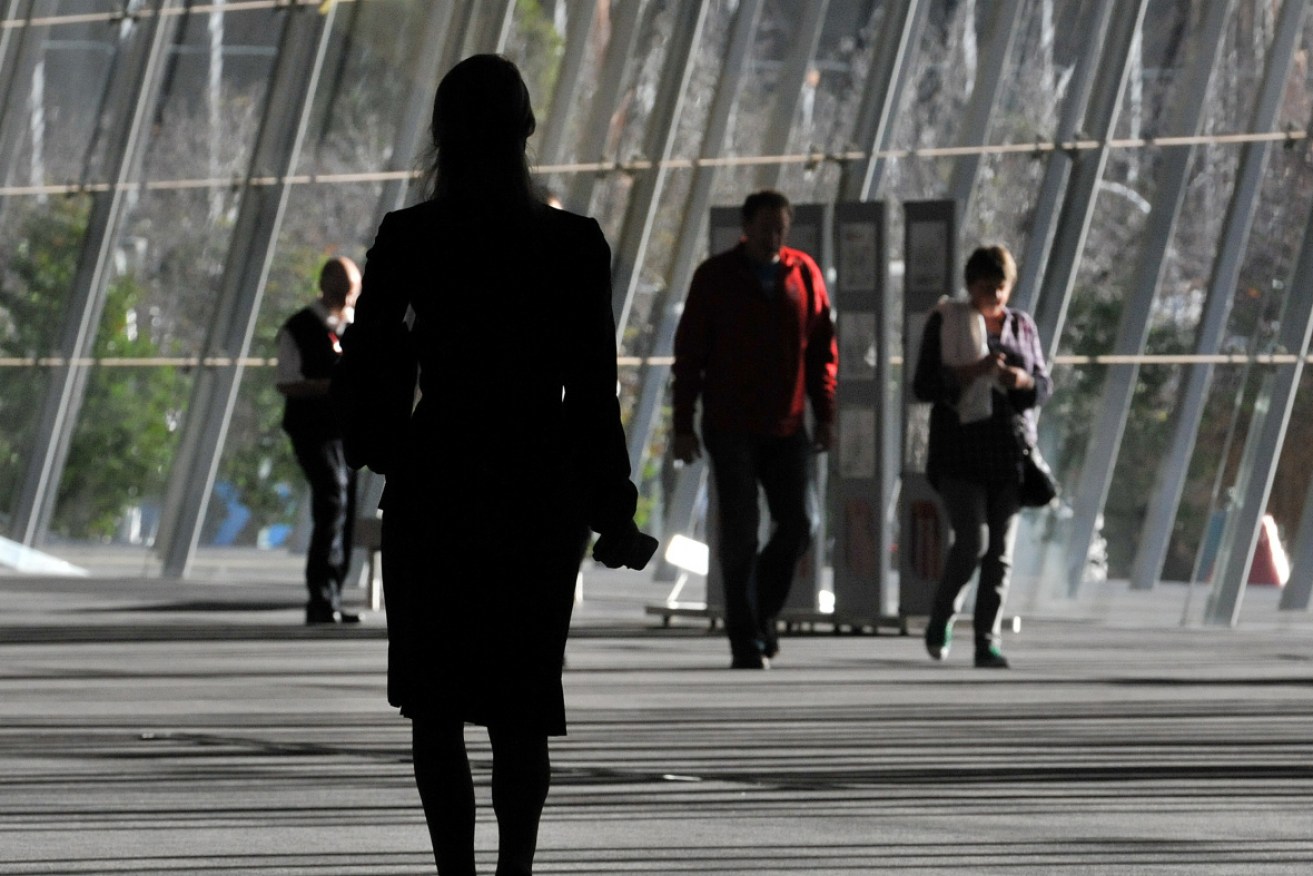Border closures have big impact on hiring


Women retire with an average of about 23 per cent less superannuation than men. Photo: AAP
Closed international borders in response to the COVID-19 pandemic and a sharp drop in skilled migration has meant 380,000 fewer people have entered the workforce at a cost of $32 billion to the Australian economy.
These findings in a new study by RMIT Online and Deloitte Access Economics also calculate that Australian economic growth could have grown by an additional $148 billion without the pandemic impacts.
“The closure of international borders brought Australia’s migration to a virtual standstill and has exacerbated the talent shortage in Australia,” the study released on Tuesday shows.
It also warns the impacts of closing Australia’s international borders aren’t a temporary setback and without action, the economy will be permanently smaller than it otherwise would have been in absence of COVID-19.
“This means that reverting to pre-pandemic trends isn’t enough. Instead, even stronger growth is needed to correct for losses incurred during the pandemic,” the study results read.
Border closures were cited by a quarter of employers as one of the key barriers to attracting new staff.
A survey of 413 business leaders and 1040 employees from mid-size and big companies across several Australian industries found more than half of Australian workers have taken steps to change their current employment.
“It’s no secret that employers across Australia are struggling to find great people with the right skills,” RMIT Online’s CEO Helen Souness said.
“In some industries, such as technology, big companies are raising salaries to attract talent and making it even harder for smaller businesses and startups to hire. We need to increase upskilling and open the borders to change this situation.”
However, employers are optimistic their staff won’t leave with one third of companies anticipating six to 10 per cent will move on, and a quarter expecting 11 to 20 per cent will go elsewhere.
Almost three in four employers surveyed found it challenging to attract new staff with 27 per cent identifying border closures as the most common barrier.
In addition, employees looking for their dream careers (26 per cent) and having extremely high work-life balance standards (24 per cent) created significant hurdles attracting new workers.
The research shows digital skills are becoming essential across all work areas.
Analysis of job advertisements in 2021 revealed that these skills were the third most requested, behind customer service and project management and ahead of core areas like sales, budget management, and business processes.
“Upskilling will play a crucial role in closing the skills gaps,” Deloitte Access Economics partner John O’Mahony said.
“Employers anticipate they will spend more on upskilling over the next year and employees value this investment, with many noting that it is a sign their employers want to invest in them, and they care about their development.”
– AAP








